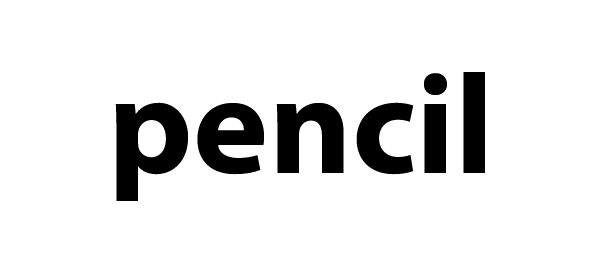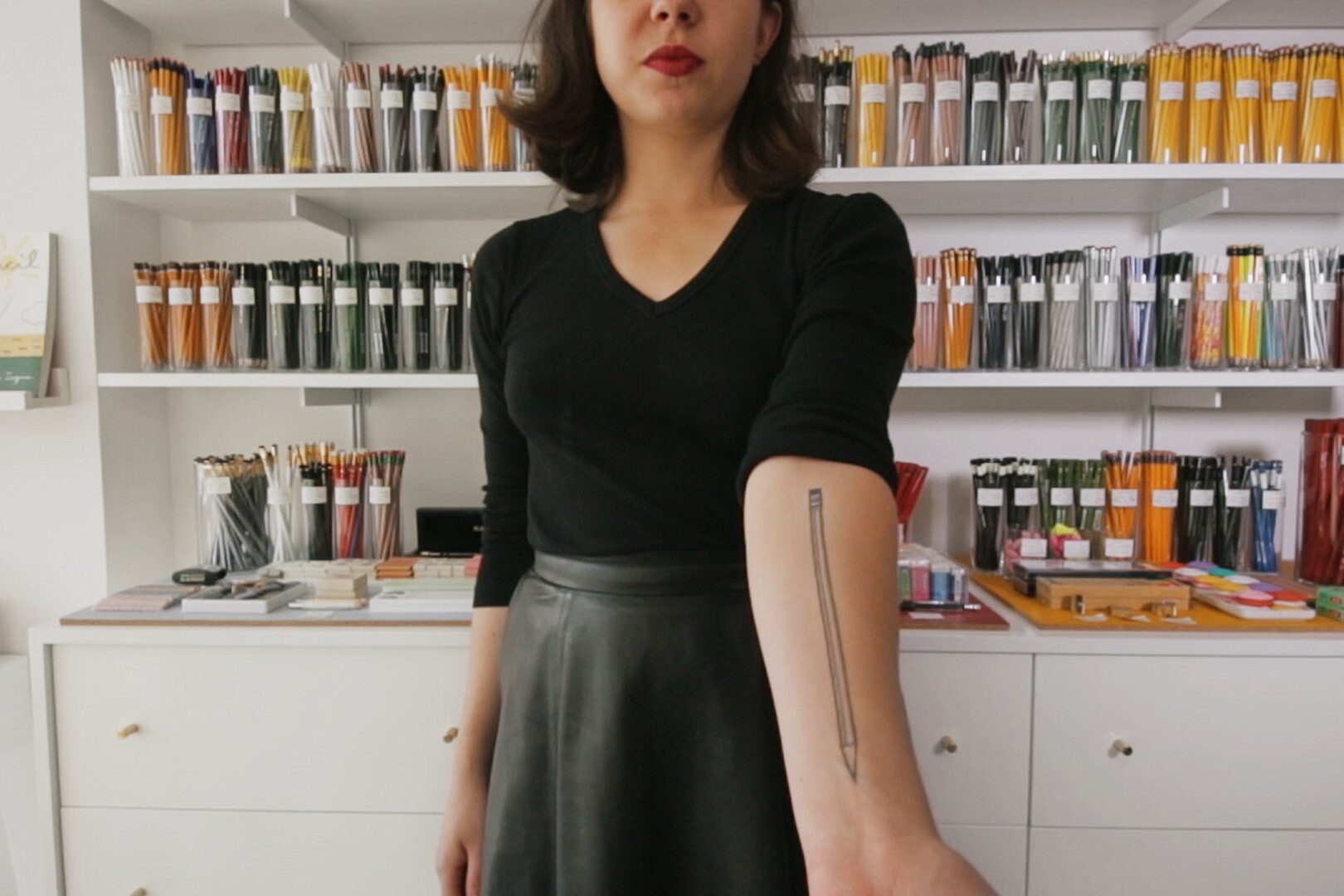The pencil might be on the short end of the stick when it comes to technological advancement. I feel like the pencil is probably going to be replaced with the keyboard and the mouse. And as we are seeing the end of childhood, we are also seeing the end of the pencil. Hence, when it comes to the loss of the pencil, we might compare it to the loss of childhood.
Neil Postman wrote a book titled The Disappearance of Childhood, in which he made the claim that our modern notions of childhood came because we decided to educate children, to set them aside so they could read and write. But now children are exposed to the adult world via media. And so, the end of the pencil is a little bit like the end of childhood.
Down the road, people are going to realize they are losing out because of some of our new technologies. There will be people who actually rebel. We’re already seeing this to some degree. Homeschooling is a type of rebelling.
There are people who are going to want to preserve the traditional modes of education. Whether it be in a homeschool, a private school, or a religious school, they’re going to take their pencils, and they’re going to keep them to preserve those old modes of learning—reading, writing, and arithmetic.
The worst-case scenario is that we will redefine education and literacy. That doesn’t mean that, to be literate, you have to be able to read and write, that you’ll have to be able to click. But that is not literacy in the way we have thought about it. Literacy has always been about being able to read and write. If that goes out the window, then our understanding of education goes out the window, too, at least of how we have perceived it for years. There is pressure to leave the old definition of literacy. It’s out there.
Vanished
Writing is permanent, and writing is portable. However, digital communication is fleeting. It can easily disappear. It can easily be manipulated. It can be forgotten. We’re spending quite a bit of time putting our libraries online by digitizing them, which is a concern. This concern has to do with being about to actually take a book off the shelf, or take your hand and put your thoughts on paper. There’s a permanency to that. It’s physical. It’s more tangible. In the digital world, however, that disappears. It goes into the air.
We used to teach our children how to write. That is to say, how to form letters on a page, to print. Then we would move them to cursive writing, which was the form that we would use to communicate our thoughts, to write letters, and to extend ourselves, extend our thoughts. But now we’re composing on the screen more. There is a loss to that.
The call of the age is to do it quickly and get it out there. But writing slows things down. It allows you to meditate. It allows you to chew on the pencil. It allows you to take that eraser and reformulate the thought. It takes time to write. And that’s not a bad thing. Reflection is not a bad thing. I’m afraid that the pressure is to just tap it out and get it out there, which is a loss for us.
There is a connection between writing and the body. The writing process is really a bodily experience. Taking a pencil and forming your letters is a better use of the body than tapping it out.
-Dr. Art Hunt
Related Posts
March 3, 2021
I Like Keep Things Simple to Appreciate the Details
After designing my ideal week, I had a much clearer idea of how to create a…

